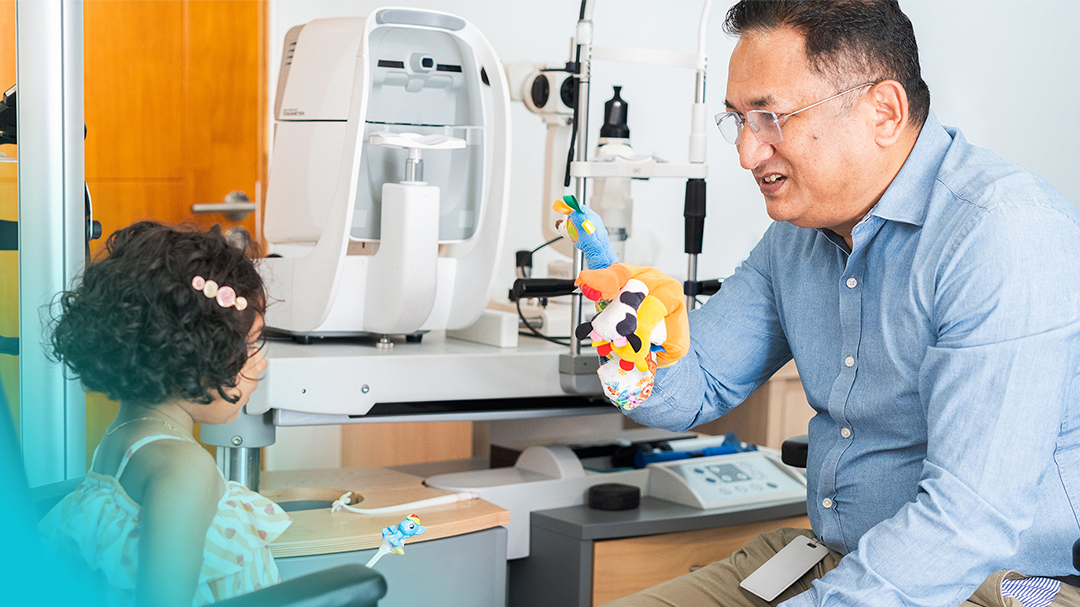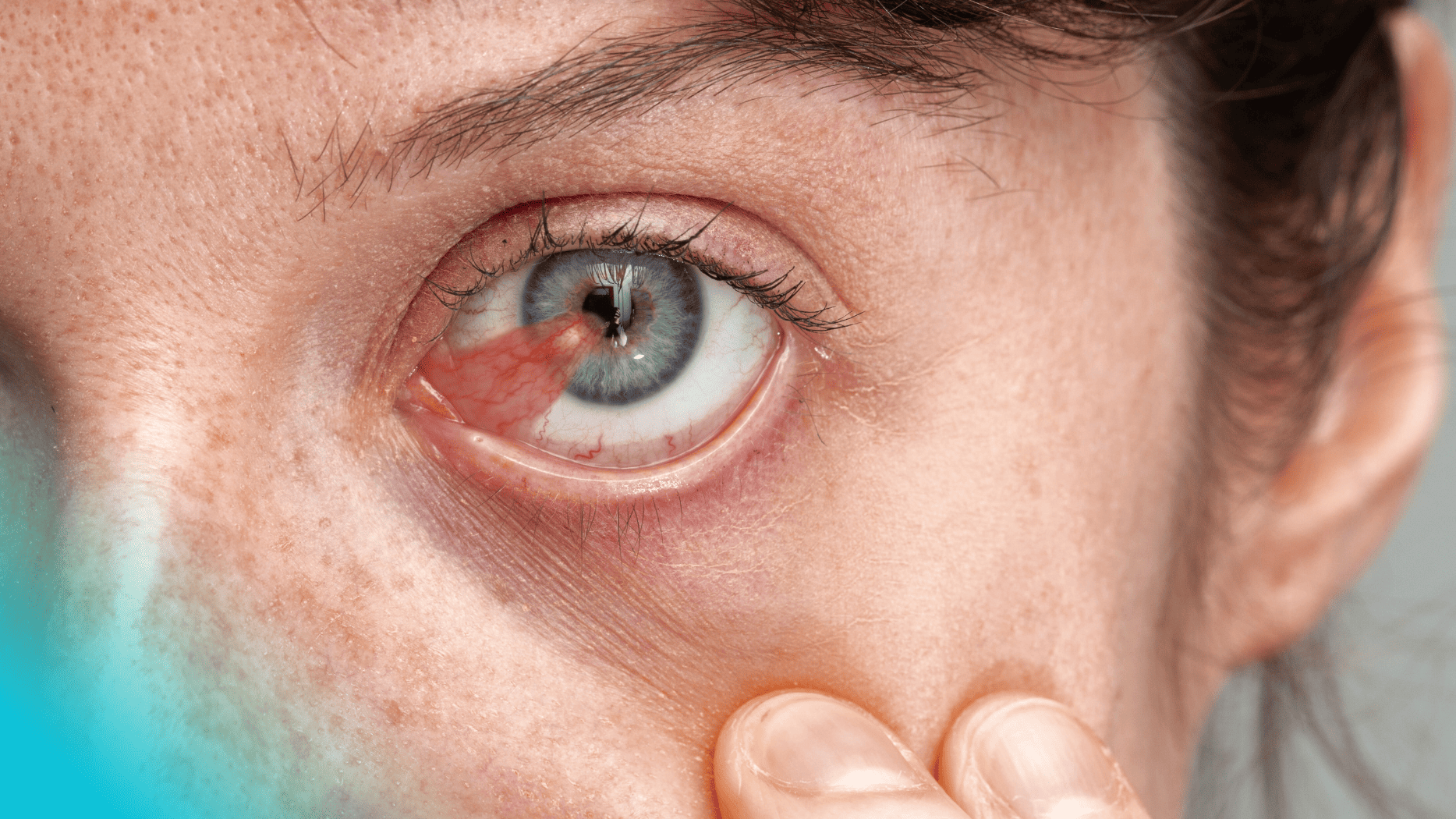Your eye health plays a vital role in your overall well-being. From preventing eye strain to ensuring you maintain clear vision as you age, the choices you make in your lifestyle can significantly impact your eye health. Here’s how your daily habits affect your vision and what you can do to promote healthy eyes for life.
- Nutrition and Eye Health
What you eat can have a direct impact on the health of your eyes. A diet rich in vitamins and minerals supports good vision and helps protect against age-related eye conditions like macular degeneration and cataracts.
Key nutrients for eye health include:
- Vitamin A: Found in carrots, sweet potatoes, and leafy greens, vitamin A supports good night vision and helps prevent dry eyes.
- Vitamin C: Present in citrus fruits, berries, and bell peppers, vitamin C is a powerful antioxidant that protects your eyes from oxidative damage.
- Omega-3 Fatty Acids: Found in fishlike salmon and flaxseeds, omega-3s help reduce the risk of dry eye syndrome and promote retinal health.
- Lutein and Zeaxanthin: Found in kale, spinach, and eggs, these antioxidants protect your eyes from harmful blue light and may reduce the risk of cataracts.
- Protecting Your Eyes from UV Damage
Just like your skin, your eyes can suffer from prolonged exposure to the sun’s harmful UV rays. Over time, UV damage can increase the risk of cataracts, macular degeneration, and other eye conditions.
What you can do:
- Wear Sunglasses: Choose sunglasses that block 100% of UVA and UVB rays to protect your eyes from sun damage.
- Hats and Visors: Wear a wide-brimmed hat to provide extra protection against direct sunlight.
- Screen Time and Eye Strain
In today’s digital age, we spend hours looking at screens, whether it’s a phone, computer, or TV. Extended screen time can lead to digital eye strain, which can cause symptoms like dry eyes, headaches, blurred vision, and neck pain.
Tips to reduce eye strain:
- Follow the 20-20-20 Rule: Every 20 minutes, look at something 20 feet away for 20 seconds to reduce strain on your eyes.
- Blink More: Blinking helps to refresh your eyes and prevent dryness.
- Use Proper Lighting: Avoid glare from screens by using ambient lighting and adjusting the brightness and contrast of your device.
- Physical Activity and Eye Health
Regular physical activity is good for your overall health, and it also benefits your eyes. Exercise increases blood circulation, helping to deliver oxygen and nutrients to the eyes, which can reduce the risk of conditions like glaucoma and diabetic retinopathy.
How exercise helps:
- Improves Blood Flow: Regular exercise helps keep blood vessels healthy, which is important for maintaining eye health.
- Reduces the Risk of Health Conditions: Conditions like high blood pressure and diabetes can affect the eyes, but regular physical activity helps manage these conditions and reduce the risk of eye problems.
- Sleep and Eye Health
Getting enough quality sleep is essential for maintaining good eye health. During sleep, your eyes repair and refresh, helping to prevent eye fatigue, dryness, and irritation.
Tips for better sleep:
- Avoid screens before bed: The blue light emitted by screens can interfere with your sleep cycle, so try to avoid screens an hour before bed.
- Create a Relaxing Bedtime Routine: Establish a calming pre-sleep routine to help you unwind and get a restful night’s sleep.
- Regular Eye Exams
Even with a healthy lifestyle, regular eye exams are crucial for maintaining good eye health. Many eye conditions develop without symptoms, and early detection can prevent further damage.
Why eye exams matter:
- Detect Vision Changes: An eye exam helps identify changes in vision early, ensuring you get the proper correction, such as glasses or contacts.
- Catch Early Signs of Diseases: Regular exams can catch early signs of conditions like glaucoma, macular degeneration, and diabetic retinopathy before they cause significant damage.
- Smoking and Eye Health
Smoking has a negative impact on eye health and can increase the risk of developing serious conditions like cataracts, macular degeneration, and optic nerve damage.
Your daily habits, from nutrition to exercise, significantly impact your eye health. By adopting a healthy lifestyle that includes good nutrition, proper UV protection, reducing screen time, and regular eye exams, you can protect your eyes and maintain good vision for life. It’s never too late to start making eye-friendly choices—your vision will thank you for it!




